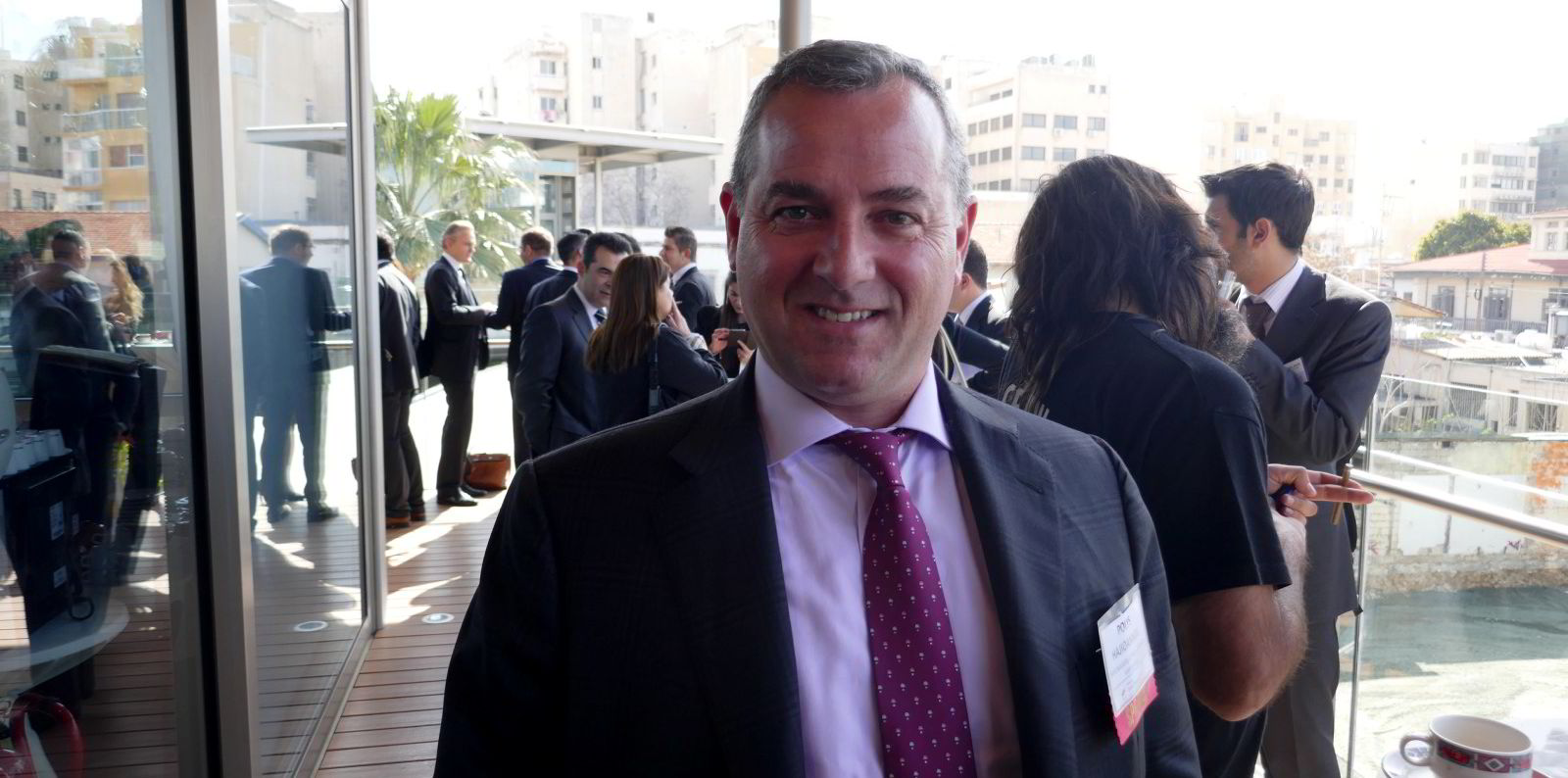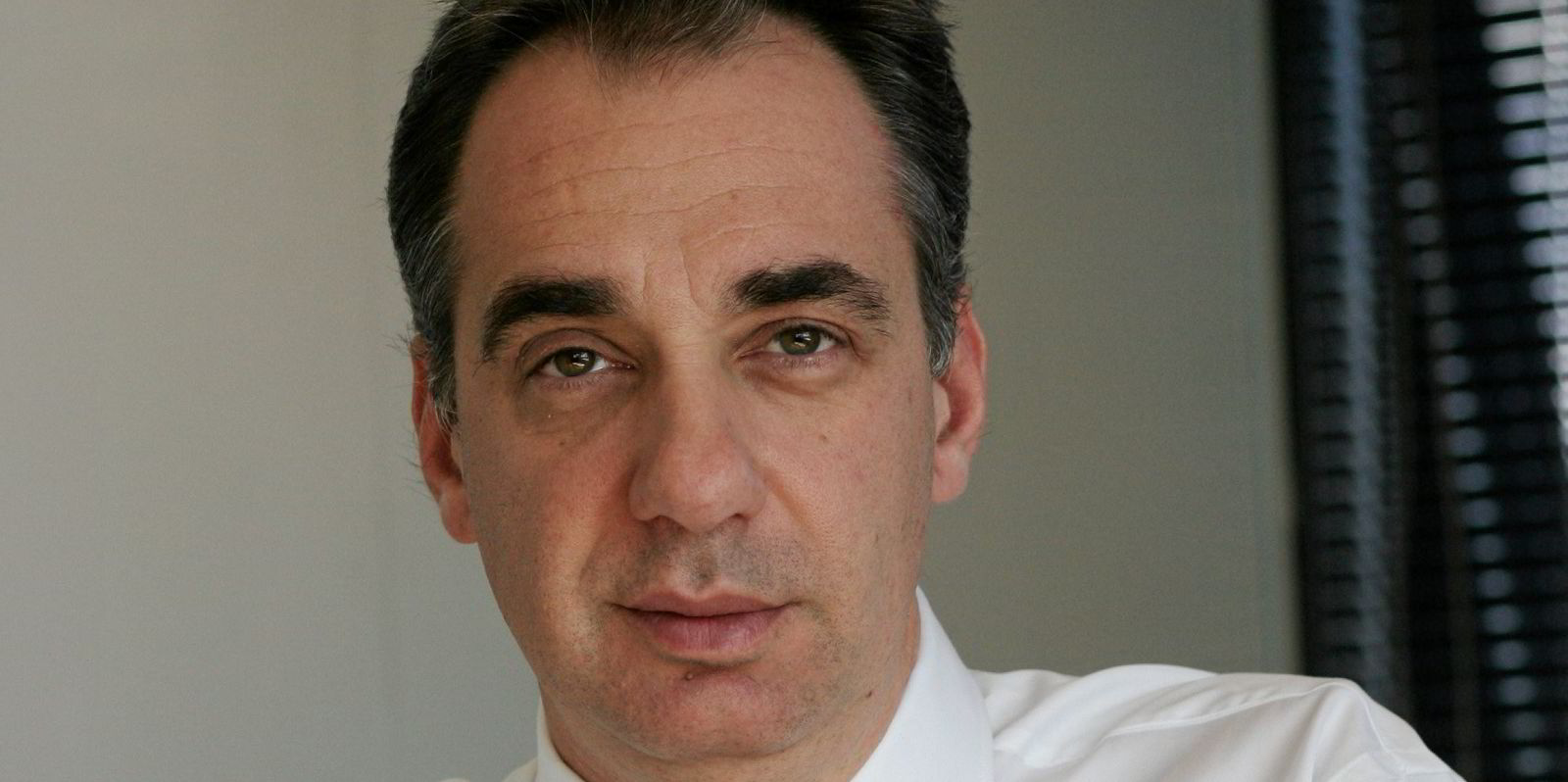US-listed Safe Bulkers is taking the well-trodden path opened last year by Greek peers Costamare and Capital Product Partners (CPLP) to raise funds on Athens’ fledgling shipping bond market.
The owner of nearly 50 bulkers unveiled on 31 January plans to raise up to €100m ($113m) in its home country through unsecured, five-year paper.
Bookbuilding will run between 9 and 11 February led by local lenders Piraeus, Alpha and Optima Bank and broker Euroxx Securities.
The bonds are to start trading on the Athens Exchange on Valentine’s day, 14 February.
Formally, Safe Bulkers intends to use bond proceeds to finance the acquisition of four ships that are already in its fleet.
Deeper down, however, it sells the bonds to diversify its sources of funding in a local market keen to invest in shipping debt.
In contrast to sentiment other countries, Greece’s monied classes consider shipping a relatively safe bet.
Institutional investors — mainly Greek banks, which bought about a third of the bonds sold by Costamare and CPLP, have been lending to the industry for decades.
Banks view even more favourably on shipping after the Greek debt crisis wrecked other businesses competing for funds, like property and construction.
Buying the name
Shipping bonds are tapping even deeper into that positive sentiment.
They are the first opportunity for Greece-based retail investors to directly invest in their country’s oceangoing shipping.
Attracted by the aura of names like the Konstantakopoulos and the Marinakis families who back these issues, the Greek public grabs that opportunity with both hands.
Private investors scooped up 71% of the Costamare bond and 67% of the CPLP one. Safe Bulkers, which is controlled by Greek-Cypriot owner Polys Hajioannou, has set aside at least 30% of the bonds it plans to sell for institutional investors. The rest is to be divvied up between institutional and retail ones.
Such keen interest translates into funding costs described by one observer as “extremely low” — at least half as high as the ones Greek shipping companies would have probably achieved if they offered comparable bonds in the US or Norway.
Costamare sold its bonds in May at an annual coupon of 2.7% and CPLP at 2.65%.
“Based on the stellar track record of instantly recognisable issuer names, investors are comfortable at such rates,” said Christos Tsakonas, global head of shipping and logistics at DNB Bank.

This feeling isn’t likely to be shaken by recent volatility in bulker and financial markets, as capesize markets wobble and the US Federal Reserve prepares to hike interest rates to keep a lid on inflation.
“I expect the sale to go very well, Polys has a very good name in the market,” said one market watcher not associated with the company or sale advisors.
Money flowing in
Senior Greek policymakers had been hatching shipping bond plans for years. Efforts to launch them, however, came to nothing and were later shelved amid the global financial crisis of 2008 and the Greek debt crisis after 2010.
Conditions, however ripened as Greece’s financial situation stabilised and capital controls were lifted.
Non-shipping companies have been dipping into the local bond market as well. Private money has also started flowing into the country, buying state companies or digital start-ups.
In the latest such move, US investment giant JPMorgan agreed in late January to spend €1bn on a 49% stake in digital booking platform Viva Wallet, Greece’s first unicorn. Among the sellers was the private family office of the Latsis shipping clan.
Enter the newbuildings
If successful, the bond sale will boost Safe Bulkers’ liquidity to about $350m, providing the company with ample firepower to finance further ship acquisitions or other “general corporate purposes”.
The company recently took advantage of falling capesize values to buy a seven-year-old Japanese-built ship.
Safe Bulkers also has nine high-spec bulker newbuildings under construction at Japanese yards, which it is to take delivery of between June 2022 and January 2024.
The company hasn’t revealed at which specific yards it placed the orders.
The newbuildings’ hull numbers disclosed on the bond sale prospectus, however, suggest that it has inked a pair of 82,000-dwt kamsarmaxes at Shin Kurushima Sanoyas and seven kamsarmaxes and post-panamaxes at Oshima Shipbuilding.




